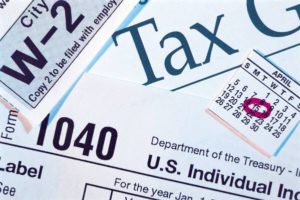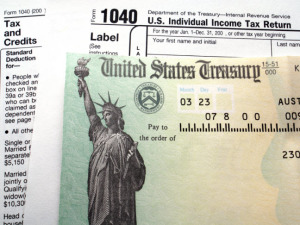 Today’s top story: You can now pause 2 student loan payments. But should you? Also in the news: A new episode of the SmartMoney podcast on the coronavirus, why you should be the friend who talks about money, and how long you should keep your tax documents.
Today’s top story: You can now pause 2 student loan payments. But should you? Also in the news: A new episode of the SmartMoney podcast on the coronavirus, why you should be the friend who talks about money, and how long you should keep your tax documents.
You Can Now Pause 2 Student Loan Payments, But Should You?
Is it really worth it?
SmartMoney podcast: Coronavirus edition
How the virus impacts your money.
Be the Friend Who Talks About Money
Tough conversations that are worth having.
How Long Should You Keep Your Tax Documents?
Make copies of everything.
 Today’s top story: Should you move abroad for health care? Also in the news: What to do if you still haven’t received your tax documents, things to consider before opening another credit card, and why you should save 4% of your new home’s cost for repairs.
Today’s top story: Should you move abroad for health care? Also in the news: What to do if you still haven’t received your tax documents, things to consider before opening another credit card, and why you should save 4% of your new home’s cost for repairs.  Today’s top story: What to do if you haven’t received your tax documents yet. Also in the news: Don’t let the great recession haunt your investing dreams, managing your money when your life brings change, and how to fix these IRA mistakes by April 15th.
Today’s top story: What to do if you haven’t received your tax documents yet. Also in the news: Don’t let the great recession haunt your investing dreams, managing your money when your life brings change, and how to fix these IRA mistakes by April 15th. Today’s top story: Finding your tax refund. Also in the news: How long you should keep your tax records, when to pay for ‘free’ shipping, and 7 steps towards financial literacy for your kids.
Today’s top story: Finding your tax refund. Also in the news: How long you should keep your tax records, when to pay for ‘free’ shipping, and 7 steps towards financial literacy for your kids. 